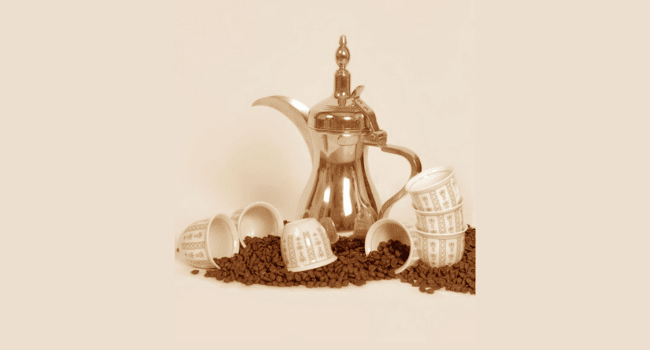Table of Contents
Embark on a delectable adventure as you delve into the rich tapestry of Omani cuisine, where ancient traditions and diverse influences come together to create a tantalising symphony of flavours.
The Influence of Geography and History
Nestled on the southeastern coast of the Arabian Peninsula, Oman’s unique geographical position has played a significant role in shaping its culinary traditions. Over centuries, the country has been a hub for the spice trade and a melting pot of cultural influences from East Africa, Persia, India, and beyond. The diverse terrain, ranging from majestic mountains to pristine coastlines, has blessed Oman with an abundance of fresh produce and seafood, forming the foundation of its distinctive cuisine.
Essential Ingredients: Spices, Dates, and Seafood
Omani cuisine owes its character to a delightful array of spices, which infuses dishes with aromatic depth. Cardamom, saffron, cinnamon, and turmeric are just a few examples that elevate Omani dishes to new heights of flavour. Equally important are dates, considered a symbol of hospitality in Omani culture. Dates find their way into both savoury and sweet dishes, adding a touch of natural sweetness and richness.
With a coastline stretching along the Arabian Sea and the Gulf of Oman, seafood takes centre stage in Omani gastronomy. Fresh fish, shrimp, and lobster are expertly prepared using traditional methods, ensuring the delicate flavours shine through. The Omani tradition of preserving fish, known as “maseerah”, involves drying fish under the sun, resulting in a unique and intensely flavourful ingredient used in various dishes.
Delicacies That Delight: Shuwa and Mashuai
No exploration of Omani cuisine would be complete without mentioning two iconic dishes: Shuwa and Mashuai. Shuwa, a labour of love, involves marinating succulent lamb in a blend of spices, wrapping it in banana leaves, and slow-cooking it in an underground sand oven for up to 48 hours. The result is tender, melt-in-your-mouth meat with a harmonious blend of flavours.
Mashuai, on the other hand, celebrates the marriage of roasted or grilled whole lamb with fragrant rice. The lamb is marinated in a blend of spices, including turmeric, cinnamon, and black lime, imparting a distinctive aroma. The tender meat, served with aromatic rice, creates a symphony of textures and flavours that leaves a lasting impression.
The Art of Omani Sweets: Halwa and Majoon
Oman’s confectionery delights are a testament to the country’s passion for indulgence. Halwa, a traditional Omani sweet, holds a special place in the hearts of locals and visitors alike. Made from ingredients such as sugar, rosewater, ghee, saffron, and nuts, halwa is a sticky, gelatinous treat that delights the senses. Every bite offers a burst of flavour, often accompanied by a cup of Omani coffee.
Majoon, another beloved sweet treat, showcases the versatility of dates. This delectable mixture combines finely ground dates, ghee, and a medley of nuts and spices. It is traditionally rolled into small, bite-sized balls and enjoyed as a quick and energising snack. The combination of natural sweetness and rich flavours creates a delightful indulgence that satisfies both the palate and the soul.
A Cup of Omani Hospitality: Omani Coffee and Kahwa Ceremonies
In Oman, hospitality is a deeply ingrained cultural value, and no gesture exemplifies this more than the traditional Omani coffee and Kahwa ceremonies. Omani coffee holds a special place in the hearts of Omanis and is an integral part of their social and cultural fabric. Made from lightly roasted coffee beans, typically flavoured with cardamom, cloves, and sometimes saffron, Omani coffee offers a unique and invigorating taste.
The preparation and serving of Omani coffee are steeped in ritual and tradition. The host or hostess, dressed in traditional attire, performs the Kahwa ceremony with grace and elegance. The coffee is brewed in a traditional pot called a “dallah” and served in small, handleless cups known as “finjan”. The aromatic coffee is offered with dates as a symbol of warmth, generosity, and friendship.
Participating in a Kahwa ceremony in Muscat is not just about enjoying a cup of coffee; it is a moment to connect, share stories, and foster relationships. The warm and inviting atmosphere created by Omani hospitality, which can be experienced in hotels in Muscat the likes of Avani Muscat Hotel & Suites, makes the Kahwa ceremony even more memorable.
Image source
